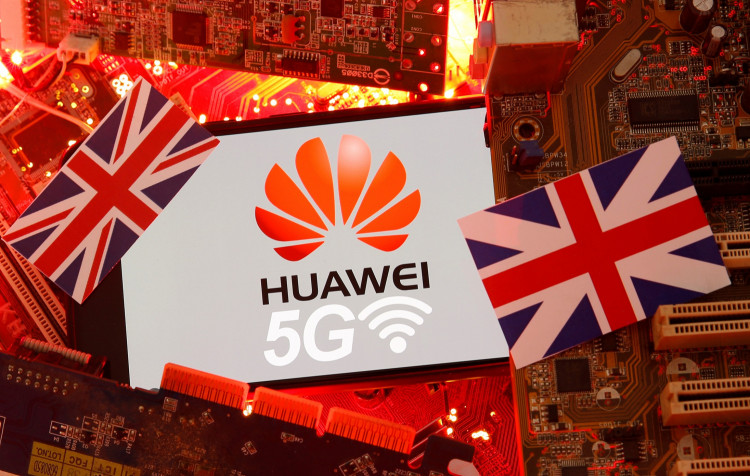United States President Donald Trump and his administration expressed dismay late Tuesday after the United Kingdom gave the green light for Huawei to access some British 5G mobile networks.
The Chinese telecommunications giant has been given a limited capacity in building Britain's 5G infrastructure, allowing Huawei to maintain its presence in a very important market despite Washington's efforts to limit its growth.
The UK's decision may likely have implications far beyond the government's boundaries, setting a pattern that could be duplicated in markets across Europe, impacting millions of people.
In an emailed statement to CNBC, a top White House official said the US is very "unhappy with the UK's decision," but explained that Trump and his advisers will work with the UK on a way that will result in the exclusion of questionable vendor components from 5G networks.
The British National Security Council - a body of top government officials, intelligence personalities and service heads chaired by UK Prime Minister Boris Johnson - on Tuesday decided that Huawei could supply 5G hardware, but that it would be under terms of what Foreign Secretary Dominic Raab described as one of the world's "strongest regimes for telecoms security."
Huawei will be allowed to only get a 35 percent share of the market for each of UK's four mobile phone companies, and it will be restricted from major components of the telecoms network, including military and nuclear facilities.
The Chinese telco will not be allowed access to "security critical" areas of UK's networks, those that identify clients or make decisions about directing traffic. But Huawei is allowed to supply European mobile operators, including BT, Vodafone, and Three, with less sensitive equipment like radio frequencies and base stations, as long as the company's market share does not exceed 35 percent.
Those limitations will not give the Shenzen-based telecoms empire the "comfort" it needs in the United Kingdom, and other European regions may soon discuss plans to go on a similar path.
But these limitations fall short of the kind of prohibition sought by the Trump administration on the Chinese telco, a strong step for a company that has faced growing threats to its growth.
The decision to let Huawei enter Europe's 5G backyard follows months of scrutiny by cybersecurity experts and puts Europe at odds with the US, which has called for the UK to follow New Zealand and Australia in banning Huawei.
Meanwhile, US intelligence believes Huawei may have connections to the Chinese government and is worried that allowing the tech company to work on state-run telecoms network could give China the capability to eavesdrop on sensitive government communications.






